I recently returned from the annual nutrition conference I attended to maintain my Diplomate status with the American Board of Clinical Nutrition. This year’s theme, “Forging Into the Future of Nutrition,” took place over four enriching days in Branson, Missouri. I’m thrilled to bring some of the latest clinical nutrition insights back to you!
The conference topics were vast, covering everything from headaches, anxiety, depression, and geriatric nutrition to mitochondrial dysfunction, epigenetics, hormonal health, and oncology. Here are a few of the highlights that I found particularly compelling:
Managing Neuroinflammation and Neurodegenerative Conditions
The first lecture I attended focused on the management of neuroinflammation, a leading contributor to neurodegenerative diseases. These conditions are often the result of chronic immune responses to pathogens, toxins, or physical trauma. Remarkably, low-grade systemic inflammation in mid-childhood is now recognized as a risk factor for cardiometabolic diseases in adulthood, a reminder that the choices we make today can profoundly impact our health in the future.
In the post-COVID era, managing neuroinflammation has become even more challenging than ever before. We explored several objective tests for assessing neuroinflammation, along with novel therapeutic strategies to manage it more effectively.
Hormonal Health for Women Post-Menopause
A particularly impactful session centered on hormonal health during the 30 years after menopause. Did you know that 44% of a woman’s life is spent post-menopause? Hormones play a crucial role during this time. In natural medicine, we have long advocated for addressing hormone imbalances with bioidentical hormones. It’s promising to see that the North American Menopause Society (NAMS) now recommends low-dose estriol to treat genitourinary symptoms. This session reignited my passion for using natural estrogen and progesterone therapies to support women through menopause and beyond.
Inflammatory Bowel Disease and Microcirculation
One of my favorite colleagues, Dr. Hedburg, gave a fascinating lecture on inflammatory bowel disease (IBD). He emphasized the critical role of microcirculation—essentially blood flow—in managing IBD. Often overlooked, improving microcirculation can be the key to resolving stubborn cases. Additionally, we discussed the importance of addressing nutritional deficiencies, especially when pharmaceuticals are part of the treatment plan.
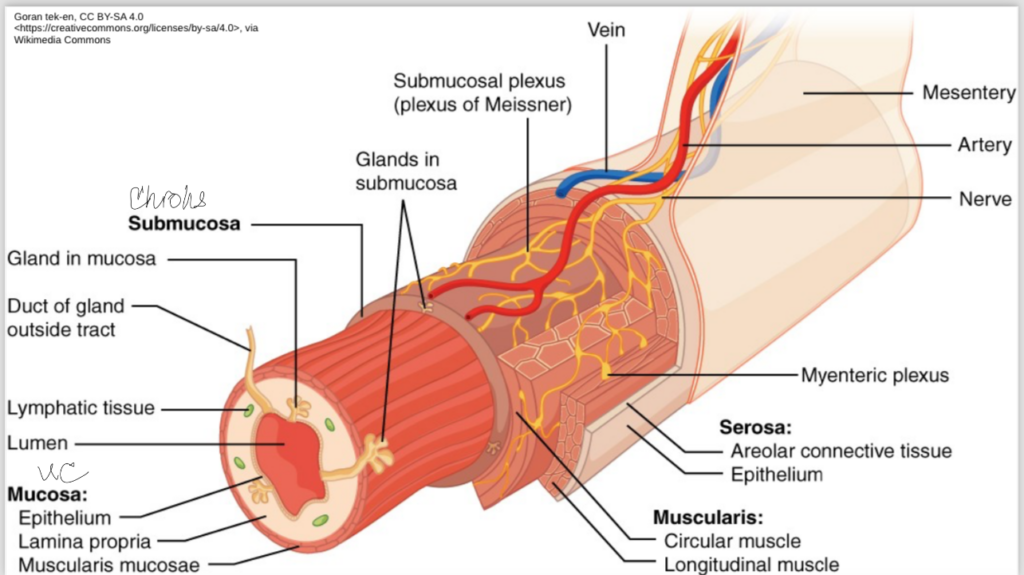
The Role of Genetics in Personalized Care
I’m sure you’ve heard the saying, “Genes load the gun, but lifestyle pulls the trigger.” Several lectures focused on how genetic testing is revolutionizing personalized care. This testing can predict disease risk and help optimize treatment outcomes by tailoring interventions based on your unique genetic profile.
Long COVID: The Ongoing Challenge
COVID-19 continues to be a central focus of research. Dr. Kessinger shared a remarkable fact: over 24,000 scientific publications on long COVID have been released in the last four years, making it the most researched health condition in history. What’s more, over 90% of those suffering from long COVID had only mild initial infections. It’s the “elephant in the room” with many people experiencing new, ongoing symptoms.
Some of the mechanisms driving long COVID include:
- Hypercoagulation (blood clotting and vessel damage)
- Chronic inflammation
- Mast cell activation (allergies)
- Mitochondrial dysfunction (impacting energy production)
- Microbiome imbalances (gut health)
- Autoimmunity
- Dysautonomia (disruptions in how the brain communicates with the body via the vagus nerve)
- Viral reactivation
- General immune dysregulation
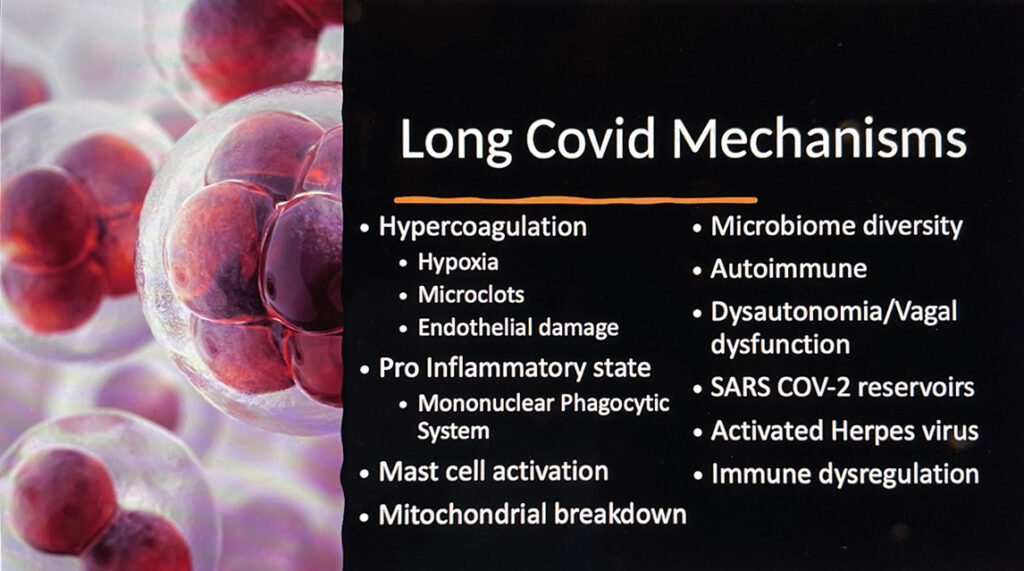
Revolutionizing Cancer Care with Liquid Biopsies
One of the most practice-changing insights I encountered was the discussion on “Revolutionizing Cancer Care Through Personalization.” A new, non-invasive blood test called the Liquid Biopsy—supported by the National Cancer Institute—is being used to detect, track, and determine the most effective treatment of cancer including pharmaceutical and natural treatments. This test can find cancer cells much earlier than traditional screenings. It allows for more personalized treatment during care as cancer cells mutate easily. I find this test to be especially relevant for ensuring a cancer-free state while in survivor status.
The Liquid Biopsy represents a significant shift away from the current “one-size-fits-all” approach to cancer screens and treatments. It ensures that cancer is truly in remission by detecting microscopic cancer cells, which are often missed by other methods. Inspired by this breakthrough, I am enrolling in an advanced education program to become a trained and certified practitioner in this cutting-edge technology. With 1 in 2 adults expected to receive a cancer diagnosis in their lifetime, this innovation has the potential to be a true game changer.
Looking Ahead
Continuing education always reignites my passion for healing. It’s incredibly rewarding to surround myself with colleagues who share a commitment to advancing healthcare. I’ll be attending several more conferences this year and can’t wait to bring even more exciting discoveries back to you.
Be well,
Dr. Sebby
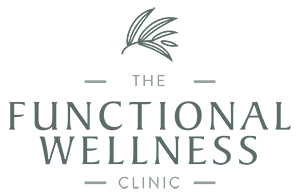





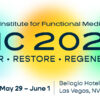

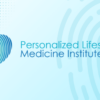

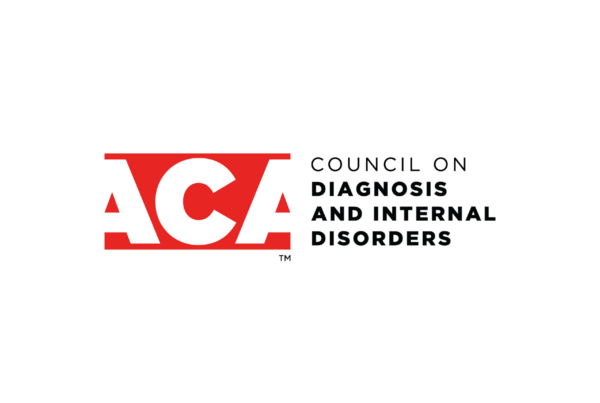
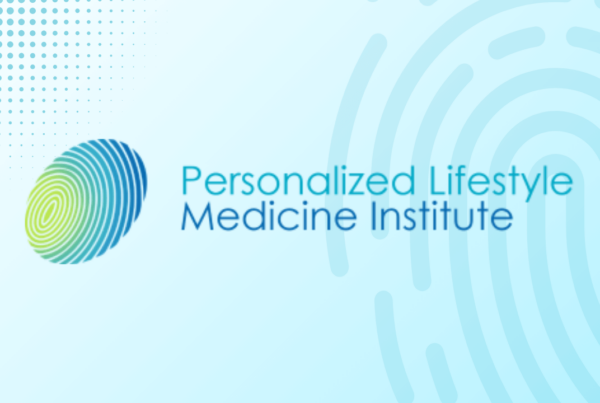
Follow Us!